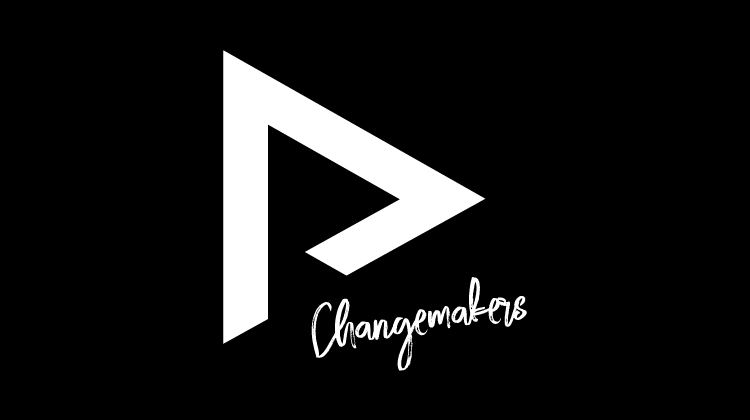Given the intense pressure to perform and the level of scrutiny that elite athletes receive, it is hardly surprising that mental health problems are commonplace in elite sport. A study conducted by Poucher et al. (2020) found that an overwhelming 41.4 % of Canadian national team athletes training for Tokyo 2020 met the criteria for depression, anxiety and/or an eating disorder. Whilst a meta study performed by Gouttebarge et al. (2019) revealed that 19% have reported alcohol misuse at some point during or after their career.
Until recently, discussing mental health in the public eye has been fairly taboo, with only isolated incidents existing where athletes have opened up about the struggles that they encountered both during and after their career. But 2021 is seemingly the year which brought mental health to front of stage.
Whatever your opinion of Naomi Osaka pulling out of the French Open, it was a statement to the world, that athletes ARE human. Athletes can show weakness and it’s okay not to be okay. This has set an important precedent moving forward, that it is not only acceptable but essential that they prioritise their wellbeing.
Given the struggles reported by athletes, do we place too much pressure on them? Can they truly live up to the superhuman standards that we as consumers demand and do we do enough to support them when it isn’t going so well? Whilst they command high salaries for their exceptional talents, the sacrifices they have made and their journey to reach the pinnacle of their sport is often forgotten. As New Zealand track cyclist Olivia Podamore posted on Instagram shortly before her death was tragically reported
“The feeling when you win is unlike any other, but the feeling when you lose, when you don’t get selected even when you qualify…when you don’t meet society’s expectations… because [you’re] trying to give everything to your sport, is also unlike any other.” Olivia Podamore (1997-2021)
England cricketer Ben Stokes is one of the latest athletes to announce a break from sport to prioritise his mental health. Stokes, who was idolised in the press after helping England to win the Super Over at the ICC Cricket World Cup. Whilst we do not know if the media has contributed to his decline in mental health, it would be hard to say that this wouldn’t have impacted the England cricketer in some way. That asks the question, what is being done to protect athletes from the media and the harm it can cause?
When looking into mental health in sport there are evidently more questions than answers and, due to the fragmented nature of the sports industry, it will be difficult to implemented industry wide change. For the moment, it will ultimately rely on individual athletes to speak up, voice concerns and instigate change within their own environments. Whilst change may be slow in elite sport, what it can do is spark debate, and normalise conversations about mental health in the wider community.






